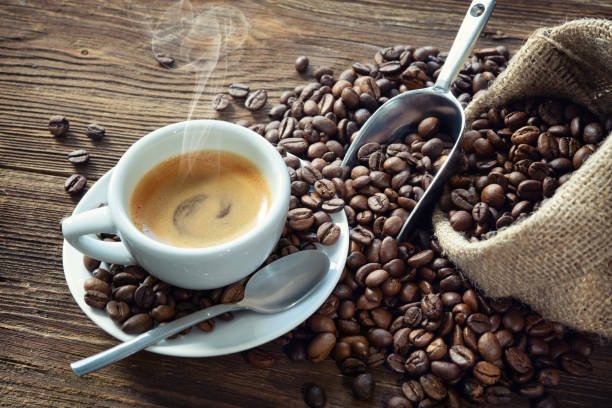Blood pressure and coffee consumption have a complicated relationship. Coffee’s caffeine component causes its blood pressure to rise momentarily after drinking, but its long-term effects on hypertension are still up for debate.
According to certain research, people who regularly drink coffee may eventually experience a minor rise in blood pressure, especially if they are caffeine-sensitive. Other studies, however, suggest that most people’s moderate coffee use may not raise their risk of hypertension.

Meet the silent killer
According to statistics, high blood pressure affects 64% of women and 72% of men in this country between the ages of 55 and 64. Over the past thirty years, the number of patients has doubled. According to experts, who attribute this increase to lifestyle factors. High levels of stress and poor lifestyle choices are major factors in the development of hypertension. The fact that high blood pressure is usually asymptomatic. It makes matters worse because people who have it frequently aren’t aware that they have a health issue. Due to this tendency, high blood pressure has earned the fitting nickname “the silent killer” because it rarely exhibits any symptoms.
We know that coffee’s high caffeine content can cause blood pressure to rise. Research and discussion on the topic of whether regular coffee consumption may be a factor in hypertension are still ongoing.
Coffee as a culprit in high blood pressure
In court cases when the goal is to determine the cause of hypertension, caffeine is frequently called into question. First, let’s be clear about the facts:
Indeed, coffee raises blood pressure shortly after consumption. Consuming 200-300 mg of caffeine, equivalent to one espresso or two cups of instant or drip coffee. It can increase systolic blood pressure by 8 mm Hg and diastolic blood pressure by 6 mm Hg. For instance, if your blood pressure is typically 120/80, it may rise to approximately 128/86 after consuming such a dose of caffeine. This elevation in blood pressure typically lasts up to three hours. However, regular coffee drinkers, who have developed caffeine tolerance, usually do not experience such significant increases in blood pressure. Therefore, while drinking coffee may temporarily elevate blood pressure, this effect is less pronounced in habitual coffee drinkers. As a result, coffee cannot be solely blamed as the culprit in cases of hypertension.
Is a cup of coffee forever forbidden for people suffering from high blood pressure?
Despite differing opinions, current research indicates that moderate coffee consumption, typically around two cups per day. Itdoes not pose a risk, even for individuals already diagnosed with hypertension.
Several studies suggest that the antioxidant properties of coffee could potentially benefit those with high blood pressure. However, these benefits are contingent upon moderate caffeine intake. Therefore, it’s not advisable for individuals newly diagnosed with hypertension to immediately begin consuming coffee.
Instead, it’s prudent to wait until blood pressure is stabilized and under control before cautiously reintroducing coffee into one’s diet. Treated hypertensive patients can generally enjoy coffee in moderate amounts without concern.
While there are a number of potential causes of hypertension, experts dispute the notion that moderate coffee use is one of them. And even those who have undergone effective treatment for high blood pressure can safely sip on a cup of the steaming, aromatic beverage.






